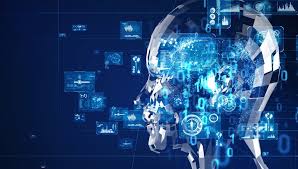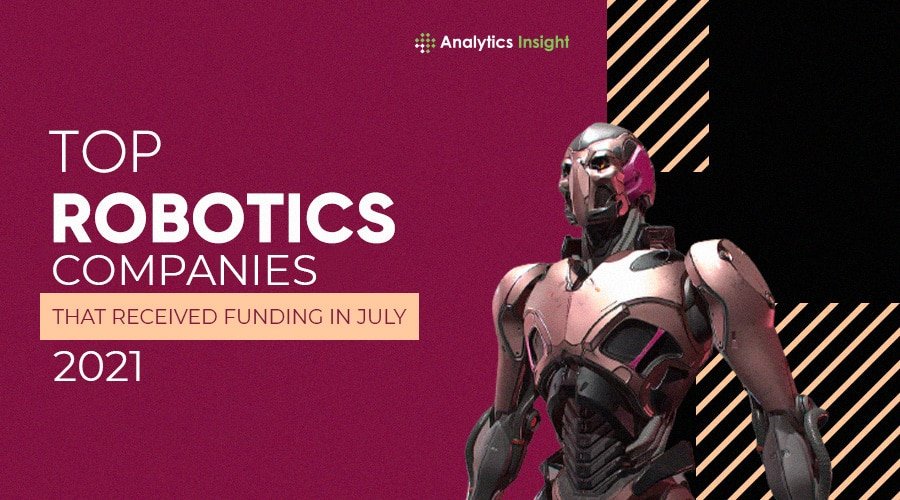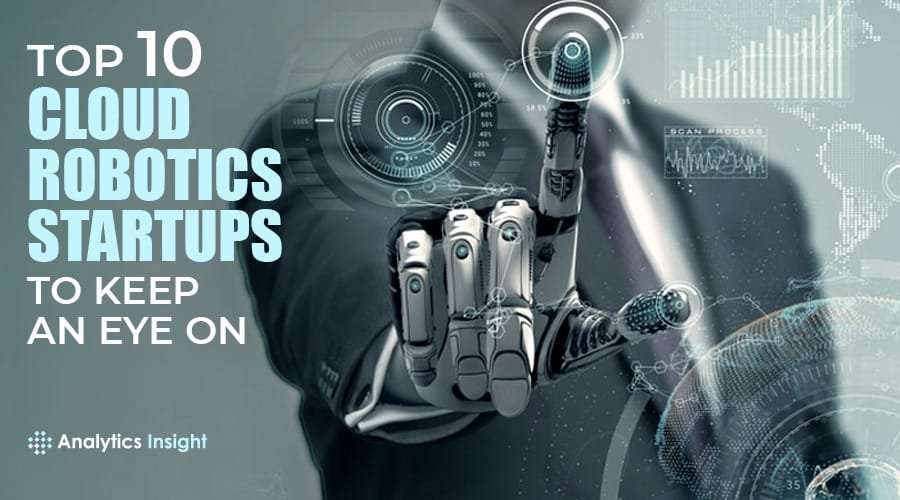Source: analyticsinsight.net
Robotic process automation (RPA) has grown from a “good to have” to a “must-have” arsenal in the digital transformation of business, proving itself to be a crucial “not-to-be-missed” ingredient for business continuity through its enhanced functionalities.
For companies to begin their automation journey, there is no time like the present. Robotic process automation can alleviate the strain of repetitive tasks within their workforce, free departments for more innovative thinking, and align their organization with critical digital transformation practices.
Through RPA, companies have a unique opportunity to create agility and reform their existing business processes. Successful use of automation would bring about a definite competitive advantage- The organization will be more agile and nimble than its competitors and reach directly to its customers faster by focusing its resources on the more important critical thinking workflows.
Robotic Process Automation credits itself to automate repetitive rule-based tasks that involve structured data extracted from spreadsheets and databases. The problem being about 80% of the current data available in the unstructured format including PDFs, word documents, emails, images, videos paves way for the perfect collaboration of RPA with AI. With the advent of technological advancements, the capabilities and bandwidth of RPA have evolved into intelligent automation capable of streamlining end-to-end business processes, as well as repetitive/rule-based tasks.
This exciting automation future will envision a rewarding partnership between digital bots and the human workforce to achieve a level of productivity that makes employees invaluable. With assisted bots overseeing repetitive, rule-based workflows, human resources can realign their time in critical, thought-provoking, and transformative task schedules.
Also known as Intelligent Process Automation (IPA), this enhanced and innovative version of RPA comes with cognitive capabilities that enable it to effectively deal with unstructured data sources. Combining IPA with RPA allow companies unleash the power of intelligent innovative automation that involve both structured and unstructured data.
A key driver to this tectonic shift would be the widespread availability of AI and automation products to businesses of all stages and sizes. Currently, organizations like Microsoft and Amazon are levelling the playing field by offering their tools on a subscription, or “as-a-service” basis. By doing so, companies no longer need to spend large amounts of money on creating their tools. Platforms once only accessible by enterprise-level organizations have become affordable for small- to medium-sized businesses as well.
The future of RPA will involve the application of Artificial Intelligence and related new technologies, including advanced Computer Vision, unattended robotics, and integration with third-party cognitive services from Google, IBM, Microsoft and ABBYY to Robotic Process Automation. This convergence would actualize automation capabilities that would elevate business value and competitive advantage for stakeholders amplifying the power of RPA technology.


